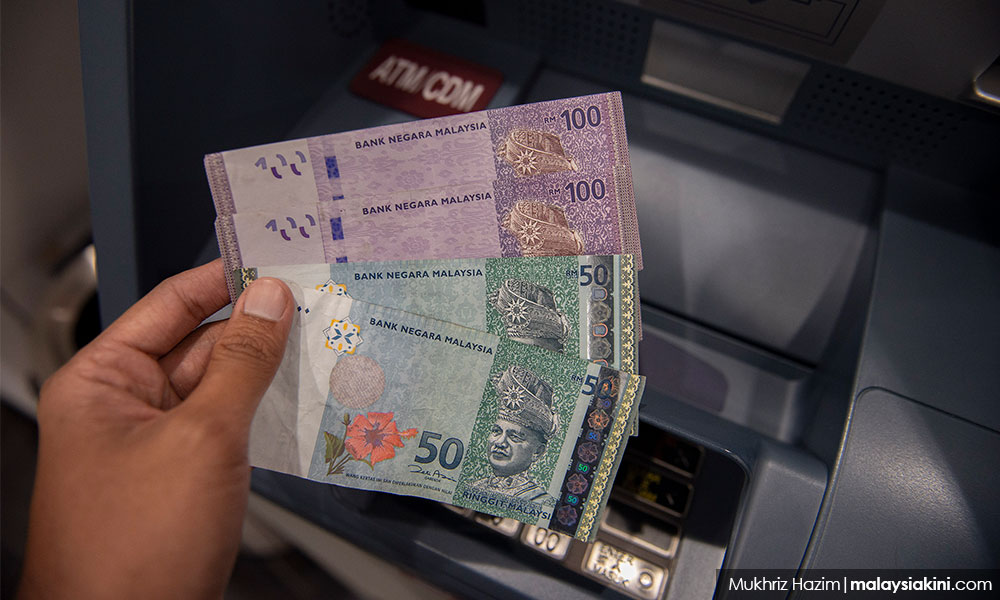The ringgit is likely to see another wild session next week as the robust US dollar may continue to dim the local unit’s lustre until certainty emerges.
Although the domestic macro economy remained intact, the performance of the ringgit continues to be adversely affected by external developments, an analyst said.
US Federal Reserve chair Jerome Powell will be giving his speech at the Jackson Hole symposium on Aug 26, which could have a major impact on emerging currencies.
“Powell’s remarks could lend investors fresh insight into the central bank’s direction on rates and inflation.
“July’s minutes indicate further need for interest rate hikes as inflation continues to pose a significant risk to the economy,” the analyst told Bernama.
The US will also release the gross domestic product (GDP) estimate for the second quarter (Q2) on Aug 25.
According to the advance estimate by the Bureau of Economic Analysis, the US GDP decreased at an annual rate of 0.9 percent in Q2. The GDP eased 1.6 percent in Q1.
ActivTrades analyst Alexander Londono said the US personal consumption expenditures (PCE) reading to be released on Aug 24 is the Fed’s favourite inflation indicator.
“The Fed’s minutes showed a central bank that is determined to lower inflation in the United States and with the labour market really strong, the probabilities of more aggressive tightening has risen.
“If the PCE reading surprises on the upside, the US dollar/ringgit pairing may be heading higher, maybe towards the 4.50 level, a zone that has not been visited since 2016.
“The 4.45 level could act once again as a support in case the pair retraces to the downside,” he noted.
Other factors
Investors were also digesting not-so-bright data released recently.
During the week just ended, the People's Bank of China unexpectedly reduced its key policy rates for the first time since January, slashing the one-year medium-term lending facility by 10 basis points to 2.75 percent as the country struggled with slowing economic growth.
This was followed by data showing the construction of new homes in the US hit 18-month lows in July.
The data pointed out that new residential construction in the US fell 9.6 percent last month to 1.45 million, suggesting that the real estate market is struggling more than expected, and this could generate further inflation.
On Thursday, some hope emerged after US initial jobless claims slipped to 250,000 last week, down from the revised 252,000 recorded in the previous week. However, market uncertainty remained.

As a result, the ringgit has been in a negative tone for five straight days with its value remaining at the lowest level since January 2017.
On Friday, the ringgit dropped against the greenback to 4.4760/4795 compared with 4.4435/4455 a week earlier.
The local note, however, traded stronger against a basket of major currencies.
It surged against the Japanese yen to 3.2767/2795 from 3.3292/3310 previously and improved significantly against the British pound to 5.3126/3167 from 5.3975/3999.
The ringgit appreciated against the Singapore dollar at 3.2225/2254 from 3.2406/2428 last week and soared versus the euro to 4.5069/5104 from 4.5759/5780 a week earlier.
- Bernama




No comments:
Post a Comment
Note: Only a member of this blog may post a comment.